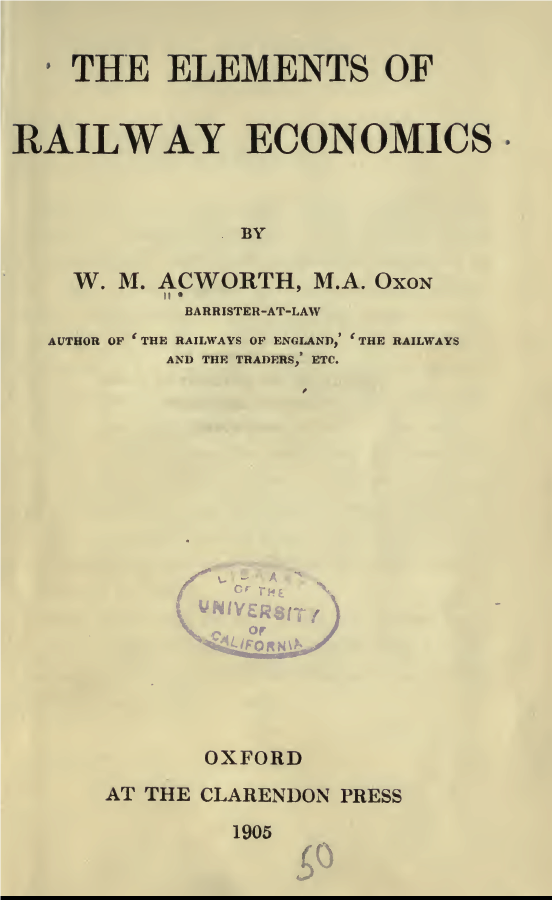These are startup times, and almost daily we are bombarded with innumerable products and services. It is becoming increasingly difficult to remain loyal to a company or brand. Most of these companies burn themselves out within a few years, get acquired by competition, venture into unrelated areas and thus end up looking totally different from where they had started. On the other hand, there are old school corporations that have retained their key values, manufactured the same product and remain entrenched in the ethos of a society. These companies offer great learning’s and become legendary textbook material. One such institution recently completed 100 years in its existence- Britannia.
Britannia as the company we now know of began in a baking kitchen in Calcutta in 1918. It was acquired by VK brothers who later partnered with an English businessman C.H. Holmes and publicly incorporated Britannia Biscuits. In 1921, the company became the first mechanized biscuit manufacturer in India… and we have been munching on ever since…
From an initial investment of Rs. 295 about 100 years ago, Britannia is currently a Rs.70,000cr market cap conglomerate with a host of offerings including Breads, Rusk, Cakes, Wafers and value-added Dairy. It now sells 1.3bn units a month which is equal to 1.2bn tons of biscuits annually, consumed in 18cr households across the country. The company has overcome two world wars, several economic cycles, political uncertainties and numerous changes in its ownership along its long history. It has withstood the test of time primarily due to three important factors: Pricing, Network and Brand
In spite of the product line going through continuous renovation and innovation, the pricing strategy has remained the same. Despite aggressively pursuing market share and profitability, the end goal of the company has always been to retain its base of consumers offering them quality products at affordable prices. Britannia’s products have never been hard on the pockets and it is synonymous with the middle class. Even the premium snack segments have Low unit packs (LUPs) that are cleverly priced below Rs.15 and cater to every segment of the society.
Britannia maintains a mindboggling web of sales channels which include 4,000 distributors, 30,000 sales persons who ensure supply across 45,000 villages and to every town and city in the country. Its products are also available in 78 countries through 52lakh retail outlets. Getting to so many geographic locations is no easy task. The company utilizes several unique delivery methods such as boats in the backwaters of Kerala, bullock carts in Madhya Pradesh and camel carts in Rajasthan to reach the remotest part of the country. It would take several years to emulate such a supply chain model and many new entrants have failed only because they have struggled to build their logistic network. Reaching every potential consumer should be the ultimate focus of any company and Britannia has always been on top of it.
Over 70% of Indian households consume Britannia products, which becomes 80% in urban India and a staggering 90%+ in metros. Branding has played a very important role in increasing the penetration level of the products. For generations, Britannia has been seen as a household necessity which can be enjoyed at every occasion and by any age group. Very few consumer products have been lucky to be associated equally with the common man, children and elderly. It was rightfully conferred “Superbrand” status for its accomplishments and also has 8 power brands in its portfolio. Some of its classic brands like Bourbon established as early as 1955, Milk Bikis, Good Day, Marie Gold etc. have great brand recalls across generations. It is estimated that the Britannia brand could be valued in excess of $6bn.
The company has managed to maintain focus on core businesses despite rapid expansion of new ones signaling a mature company with an appropriately aligned leadership. Britannia’s consistent success over such a long period is the tangible evidence that proves, businesses do not need to sacrifice the wellbeing of their fundamentals in order to consolidate market share in their respective industry. Margins need not be bludgeoned to provide affordable products to consumers on a mass scale and futuristic business models validating such losses are not always the way to go.
As Jim Collins made famous in his book, Built to Last: Having a great idea or being a charismatic visionary leader is “time telling”; building a company that can prosper far beyond the presence of any single leader and through multiple product life cycles is “clock building.” Companies must strive to be clock builders and not just time tellers to create and develop a business-like Britannia that can excel in the test of time…



